10 Brands That Wouldn’t Exist Without Millennials

10 Brands That Wouldn’t Exist Without Millennials
A large and powerful generation
There’s no shortage of jokes about millennials. The young adult generation is often maligned for being obsessed with avocado toast, milking their parents’ Netflix accounts, or lacking resilience due to one too many participation trophies. However, twenty-and-thirty-somethings are fast remaking the American economy, especially in areas around technology, which isn’t surprising for the generation that came of age in the smartphone era.
Millennials are now the largest generation in the U.S., according to some definitions, surpassing baby boomers. Keep reading to see 10 of the brands that wouldn’t exist without them.
Previous
Next
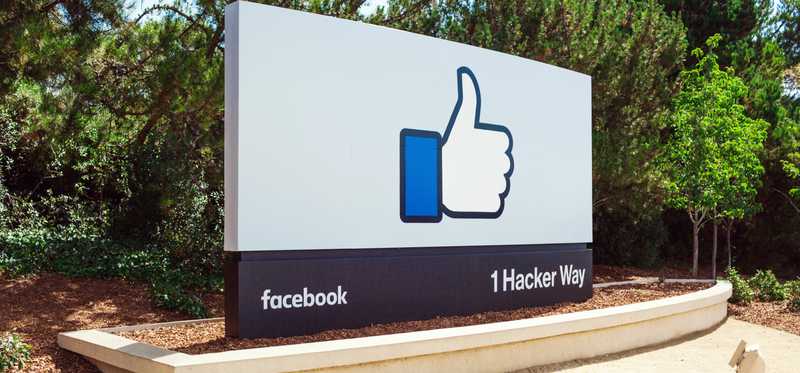
1. Facebook
Arguably, no brand is more representative of millennial culture than Facebook (Nasdaq: FB). The social network was born in 2004, founded and still led by millennial Mark Zuckerberg, and got its start serving millennial college students. Though some in the young adult generation may have moved on to Instagram, its photo-based sister site, or Snap Inc's Snapchat app, Facebook still wields considerable influence among millennials as 81% of them are on the platform, a significantly higher percentage than any other generation.
Facebook, as well as Instagram, is also largely responsible for millennial neologisms like the “selfie” or “FOMO” (Fear of Missing Out) that have emerged in part from millennials’ use of those platforms.
Previous
Next

2. Airbnb
Founded in 2008 in the midst of the great recession, Airbnb is an exemplar of the idea that “Necessity is the mother of invention.” Roommates Brian Chesky and Joe Gebbia needed some extra cash so they rented out airbeds in their San Francisco apartment. The home-sharing concept was born, and Airbnb quickly caught fire among globe-traveling millennials who used it to find a cheap place to crash, or by those looking to make some bucks on a spare room in their house.
Today, Airbnb is worth $31 billion, and the idea of letting strangers stay in your house, which was considered foreign or unsafe before the smartphone era, is now seen as entirely normal by millennials.
Previous
Next

3. Tinder
Like young adults of generations past, millennials are looking for love, but they no longer need to go to a bar or a house party to meet a potential partner. Millennials rely on apps like Tinder to help them hook up or find a new relationship.
The Match Group-owned (Nasdaq: MTCH) app popularized the “swipe-based, double-blind, opt-in” method of online dating, meaning users pre-select each other to form a match, rather than just sending a message on a platform without prior hint of interest.
Tinder is the most popular dating app with millennials with 27% of single young adults saying they used it in a recent survey from Piper Jaffray, and subscriptions for the app continue to soar, nearly doubling over the last year.
Match Group also tailors Tinder specifically for millennials, using other brands like Match.com for older adults.
Previous
Next

4. Spotify
Arguably no other industry has changed more than music over the last generation as what was once an analog product, purchased as a record, cassette, or CD, is now digital, and consumers pay for songs, not albums, if they purchase their music at all.
Though Apple started the revolution with iTunes, it’s Spotify (Nasdaq: SPOT) that has asserted itself as the market leader globally, and 72% of Spotify listeners are millennials, according to a 2016 survey.
Though Apple Music has surpassed Spotify in U.S. subscribers, Spotify remains the leader worldwide, due to its support from millennials.
Previous
Next
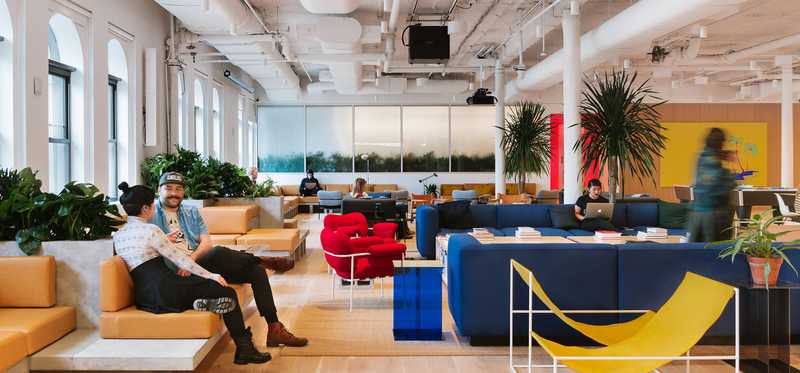
5. WeWork
The sharing economy isn’t just for places to sleep. The way millennials work has also changed significantly as internet and smartphones have allowed them to work remotely in a way that past generations never could. Co-working spaces, where freelancers, entrepreneurs, and others share workspace, have sprouted up in cities across the country, but none have been more successful than WeWork.
The privately-held company has become synonymous with coworking as it has 453 locations in 87 cities around the world and commands a valuation of $20 billion. It’s currently seeking funds that would value it at $40 billion.
With craft beers, cold brew, and Kombucha on tap, it’s not surprising that The Atlantic called WeWork the perfect manifestation of the millennial id.
Previous
Next
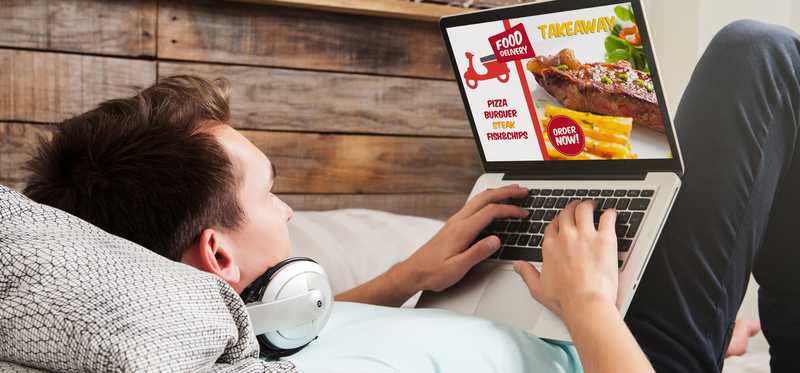
6. GrubHub/Seamless
Notoriously averse to phone calls, millennials have grown up with the luxury of texting as their primary form of long-distance communication rather than talking on the phone.
GrubHub (NYSE: GRUB) and its brands like Seamless and Eat24 meet this demand perfectly when it comes to ordering takeout or delivery as the marketplace connects diners with thousands of restaurants, handling payments, presenting menus, and avoiding the need for diners to pick up a phone.
GrubHub’s service is also a perfect fit for a generation that’s grown up with the convenience of things like video streaming and e-commerce, meaning millennials are used to getting what they want without having to leave the house.
Previous
Next
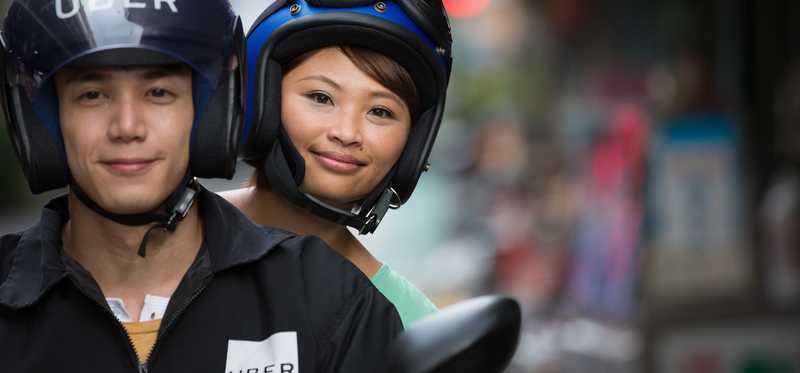
7. Uber
The sharing economy strikes again. No app-based business has been more successful than Uber, which has achieved a $72 billion valuation thanks to its global reach and popularity. The ride-hailing company has broken the local taxi monopoly in many of the cities it operates in, lowering prices and bringing rides to previously neglected neighborhoods.
While Uber and its chief rival Lyft appeal to virtually all age demographics, they are especially popular with millennials.
In San Francisco, for example, millennials spend an average of $110 a month on Uber.
ALSO READ: Here's Why Warren Buffett Considered an Investment in Uber
Previous
Next
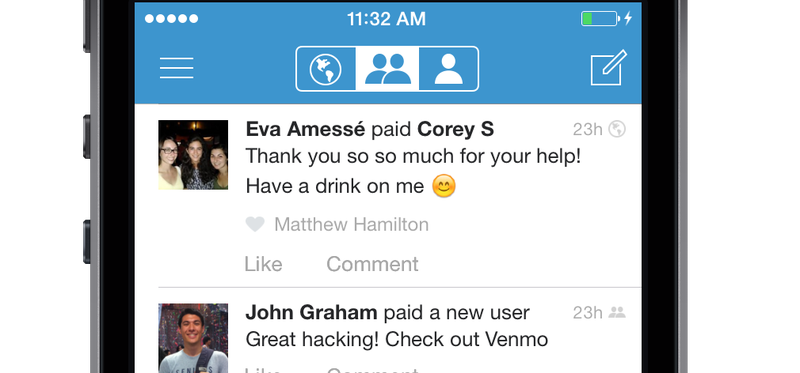
8. Venmo
How do you split the check after a dinner out with a group of your friends? Venmo solves this age-old problem with the simplicity of an app. Millennials have fast gravitated to the Paypal-owned (Nasdaq: PYPL) payment service, which makes reimbursing one another for a night out, rent, or any other expense as easy a couple of quick taps on your smartphone.
The app is perfectly suited for millennials as young people are often reluctant to treat a group for something like dinner, and tend to live with roommates with whom they share expenses, making the quick-payment platform highly useful for them.
Previous
Next
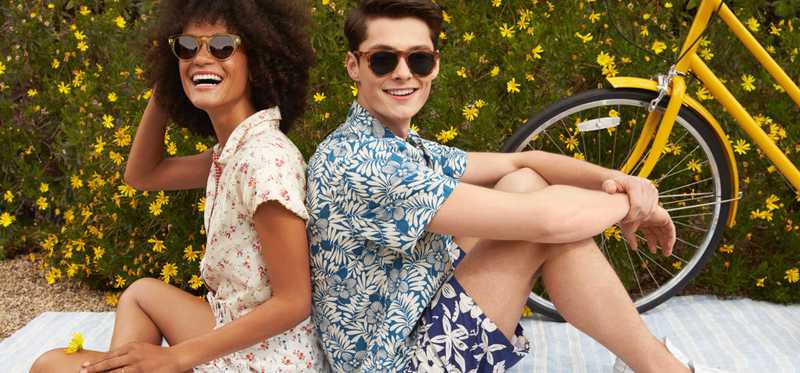
9. Warby Parker
Eyeglasses may be a hard category to stand out in, but that’s exactly what Warby Parker has done with the help of millennials. The glasses brand that was born online now operates dozens of stores in cities across the country. Warby’s marketing plan could be straight out of a millennial playbook. The company offers a home try-on program that allows shoppers to test different frames in the comfort of their own homes, and designed its stores to make glasses shopping feel hip and fun, rather than clinical. Like the footwear brand Toms, Warby Parker donates a pair of glasses to someone for every pair purchased, allowing millennials to feel good about supporting the brand.
Previous
Next
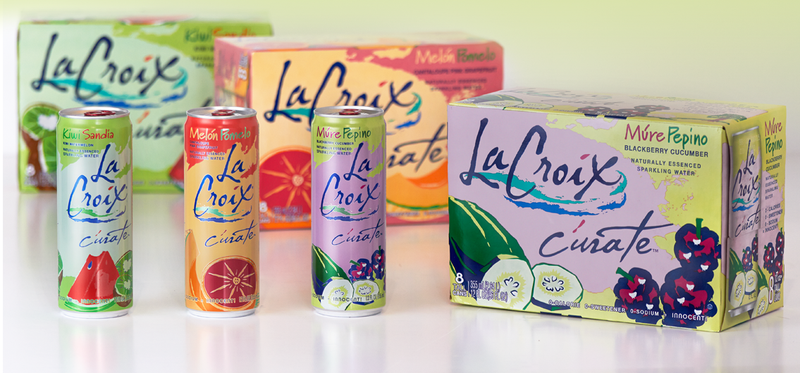
10. LaCroix
While it may not be true that LaCroix wouldn’t exist without millennials as the brand dates back to 1981, it’s experienced surprising growth thanks to an embrace by the young adult generation.
Shares of parent National Beverage (Nasdaq: FIZZ) have surged as LaCroix sales have boomed in recent years. Millennials have widely rejected soda in favor of other beverages like coffee, kombucha, and increasingly, sparkling water.
The funky, brightly colored cans are perfect for showing off on Instagram and the brand has a certain cult status as it doesn’t advertise through traditional channels and that, along with a wide range of flavors and a refreshing taste, has made it popular with the younger set.
ALSO READ: 3 Things the LaCroix CEO Wants All the Haters to Know
Previous
Next

Powered by a younger generation
As the preceding list shows, many of these brands hold appeal to millennials because they are tech-forward and help young people save time and money. Young adults are the most sought-after consumers for brands as they have the most years of spending power left and their tastes tend to define and change the broader culture. Considering that, it’s always worth paying attention to what’s popular with the younger generation.
Jeremy Bowman owns shares of Facebook and Match Group. The Motley Fool owns shares of and recommends Apple, Facebook, and PayPal Holdings. The Motley Fool has the following options: long January 2020 $150 calls on Apple and short January 2020 $155 calls on Apple. The Motley Fool recommends Match Group. The Motley Fool has a disclosure policy.
Previous
Next
Invest Smarter with The Motley Fool
Join Over Half a Million Premium Members Receiving…
- New Stock Picks Each Month
- Detailed Analysis of Companies
- Model Portfolios
- Live Streaming During Market Hours
- And Much More
READ MORE
HOW THE MOTLEY FOOL CAN HELP YOU
-
Premium Investing Guidance
Market beating stocks from our award-winning service
-
The Daily Upside Newsletter
Investment news and high-quality insights delivered straight to your inbox
-
Get Started Investing
You can do it. Successful investing in just a few steps
-
Win at Retirement
Secrets and strategies for the post-work life you want.
-
Find a Broker
Find the right brokerage account for you.
-
Listen to our Podcasts
Hear our experts take on stocks, the market, and how to invest.
Premium Investing Services
Invest better with The Motley Fool. Get stock recommendations, portfolio guidance, and more from The Motley Fool's premium services.